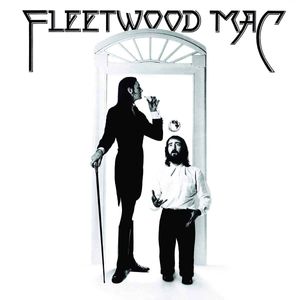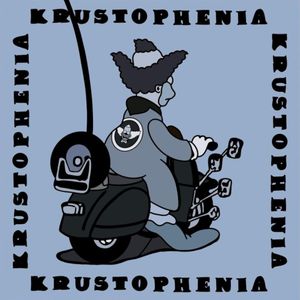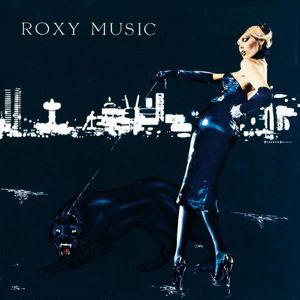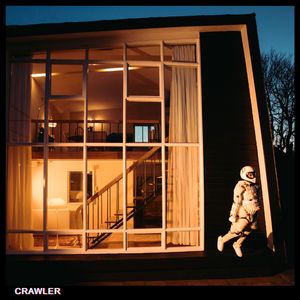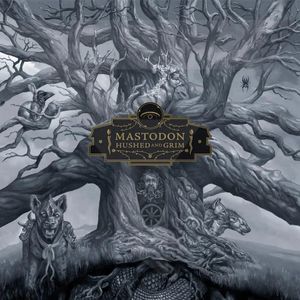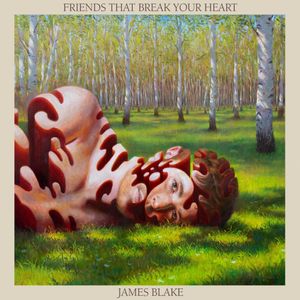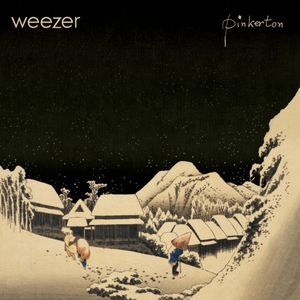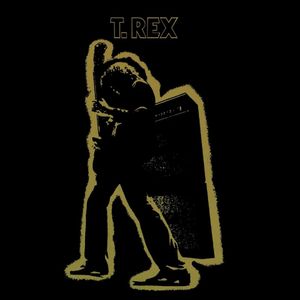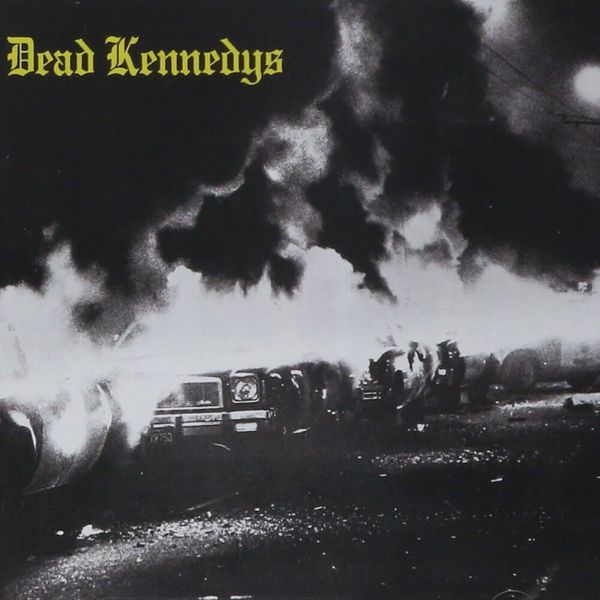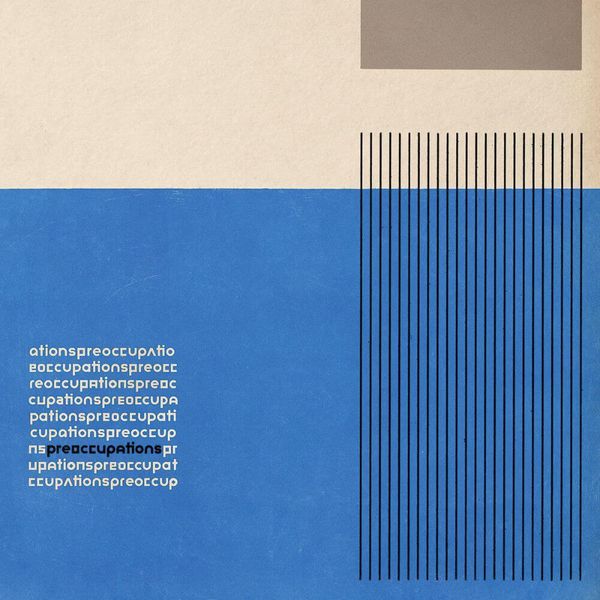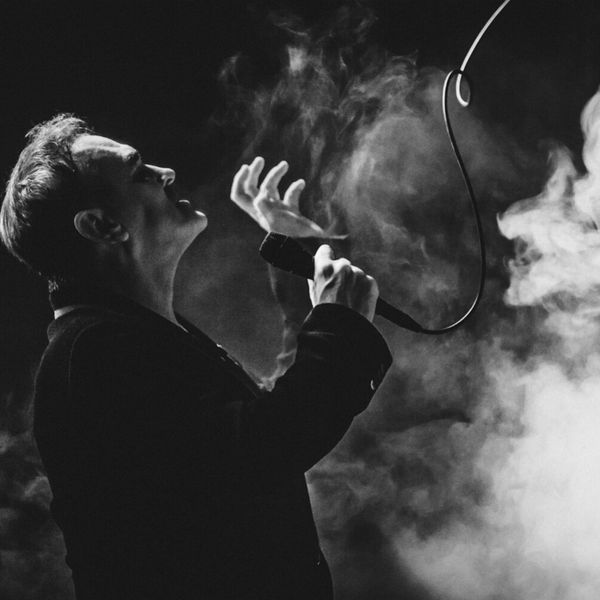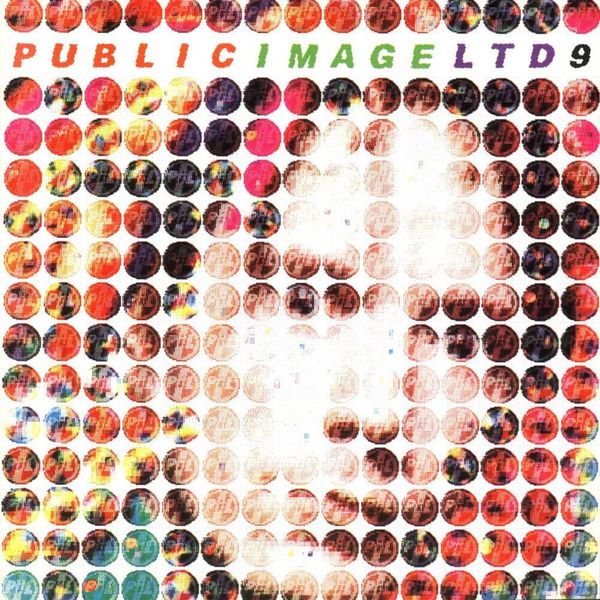This Nation’s Saving Grace
The Fall
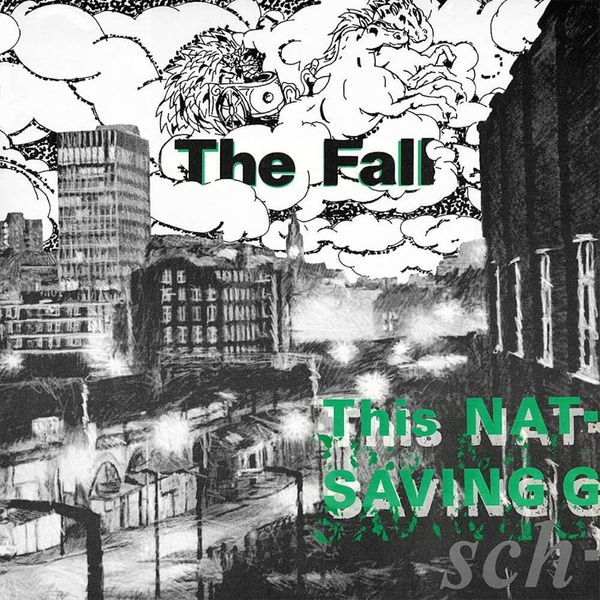

Favourite Tracks
- L.A.
- My New House
- Spoilt Victorian Child
André
A few weeks ago the music industry was in a state of mourning once again, this time over the fallen post-punk idol Mark E. Smith. This wasn’t your typical overwhelming sense of grievance, however, as much as it was a joyful recognition over a cult hero who formed important art and had a complex personality. Not that I knew much of this information before listening to This Nation’s Saving Grace: this was my first true experience with The Fall, and I’ve come away bopping my head with a wry smile.
Smith’s lyrics are soaked in sarcasm, and being the cynical Brit I am, I inadvertently attach myself to such dry humour. Whilst I did expect a caustic, mocking tone, I did not foresee a package so pristinely produced. There’s a lot to be said for the album’s quirks, but when all is said and done, This Nation’s Saving Grace is in fact a great album in its own musical right.
Songs often start with an outrageously catchy bass riff — a component of the record that brings with it a strange sense of accessibility — as Smith murmurs and mumbles his way through amusing verses like a drunk poet. His delirious vocal delivery is a constant oddity that meant The Fall would always be too divisive to become as universally popular as a band like Joy Division. Even so, the consequence of The Fall is most telling. Britpop inherited the same cynicism, but merely delivered it in a more digestible manner. John Leckie, responsible for the fantastic production on This Nation’s Saving Grace, was also the man at the controls for Radiohead, The Stone Roses and The Verve during the ’90s, so he was presumably a big part of that sound carrying over. And what a glorious sound it is.
I’ve thoroughly enjoyed my first experience with The Fall, and, despite its quirks, I’d sooner recommend This Nation’s Saving Grace than any New Order album. How’s that for an endorsement?
Favourite tracks //
- My New House
- Spoilt Victorian Child
- Barmy
Fred
This Nation’s Saving Grace has been a pleasure to discover. A gross, seedy, cheerful pleasure. This is probably the first album I’ve listened to that literally sounded inebriated. It’s like Tom Waits’ Rain Dogs without the dignity. There’s a looseness to what goes on, a chummy sleaze as distinct in the drums as in Mark E. Smith’s delivery. The Fall are on marvelous form here, and John Leckie’s production does them complete justice throughout.
The songs are lopsided, the vocals often inaudible, and all manner of instruments have their time smack bang in the middle of the mix… but it works. The record sets and follows its own rules. The arrangements are so tight that the imperfections in sound and presentation become their own kind of beautiful curiosities, the things most deserving of center stage.
Cheerful subversion has its in-built limits, but they rarely bog things down on This Nation’s Saving Grace. The record is so playful, so willing to jump between sounds and textures, that it holds its course all the way through. Although there are tracks I particularly enjoy — “L.A.” and “To Nk Roachment: Yarbles” really get under my skin — it’s the overall tone that I stick around for. The record is like the spirit animal of post-punk. It’s sophisticated without trading in the anger or sincerity, and that’s a real kick.
This Nation’s Saving Grace is like dropping into some underground society of cynics and drunks, melodies bouncing through the tunnels and shadows dancing on walls caked with grime. It amounts to 47 minutes of cheerful manic laughter, and I’ll be back for more.
Favourite tracks //
- L.A.
- To Nk Roachment: Yarbles
- My New House
Andrew
I’m left cold with This Nation’s Saving Grace. It’s a frustrating thing to feel when it’s clear so many herald this as a five-star album. There’s no doubt that I can hear points of influence for a wide range of contemporary punk and rock artists across the tracklist and there’s nothing incohesive or poorly executed here either. It’s therefore frustrating that to find the slurred, almost drunken, vocal style a distraction rather than a decoration on each track, and the general short repetition in many of the vocals and melodies to turn my attention away from the music.
“Spoilt Victorian Child” is, in particular, an interesting track in that many fans cite it as a favourite, but with the cumulation of vocals that waver all over and a very tightly repeated riff that hammers throughout the track, I found it to be the track that turned me off of the album the most. On the other hand, “L.A.” feels totally different to me despite sharing many of the same characteristics, coming across as far more lucid, clean cut and catchy, even towards the end as the twinkling synth in the background becomes progressively more manic. Similarly, “Paintwork”, which is the longest track on the list does well at sauntering along with a lovely guitar tone and warm organ timbre hugging the whole track together, and even the mumbled, crackling vocals work well here, becoming almost dream-like by the sixth minute.
It’s been a curious experience to appreciate a very well put together album that I largely haven’t been able to enjoy a great deal. But the legacy that the album has left and the quality that can be heard in the music is enough for me to set my personal tastes aside and ultimately find a solid album here.
Favourite tracks //
- L.A.
- Paintwork
- I Am Damo Suzuki
